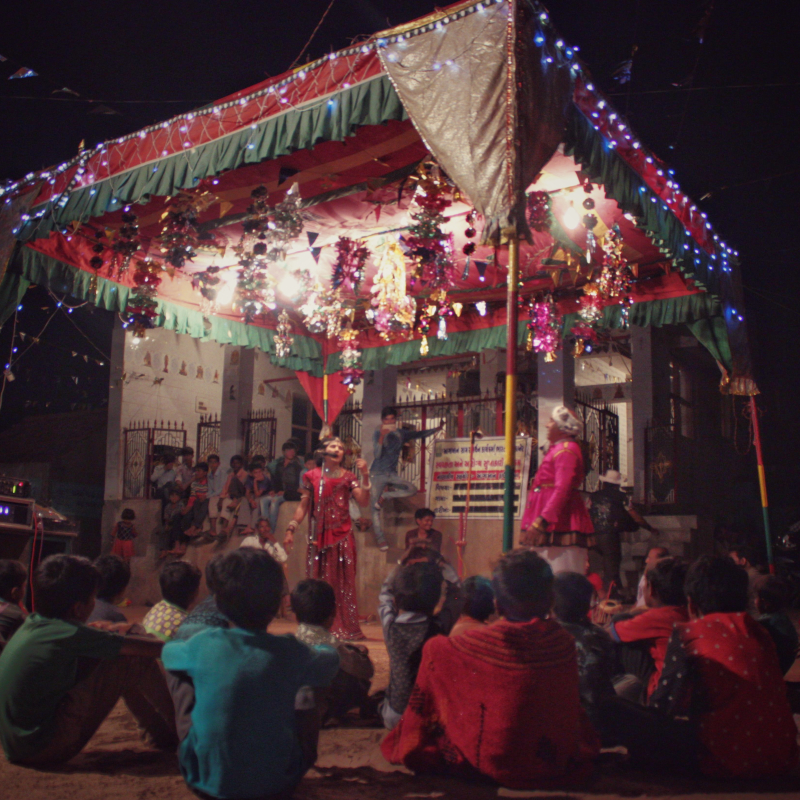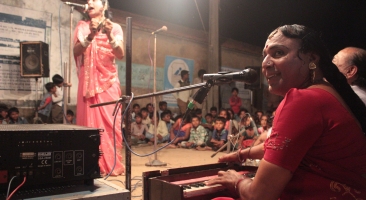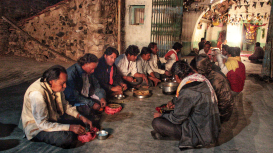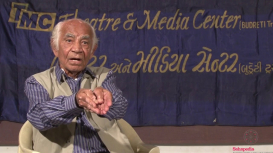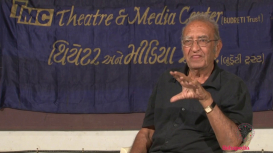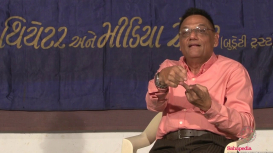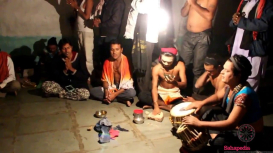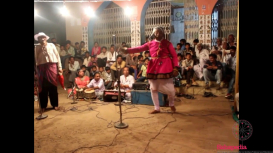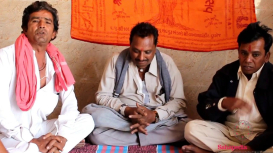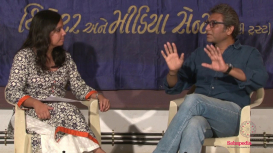A nomadic tribe of Gujarat, the Bhavaiyya community is known for its ancestral occupation of ‘Bhavai’—a 14th century folk theatre form. With their subtle criticism of social ills combined with devotional elements, it was popular for using humour as a means of social education. With the advent of modern forms of entertainment, Bhavai is losing its charm and the Bhavaiyyas their heritage. In the last few decades, Bhavai has seen a resurgence in urban centres and has assimilated new forms of expression. However, in rural areas, the new generation is not being trained in the art as it is not a viable source of livelihood. This module attempts to document Bhavai, its rural and urban traditions, and the lives of its ancestral practitioners towards raising awareness and awarding respect to the community by acknowledging their contribution to India’s rich folk history.
Prateeksha Tiwari
Prateeksha Tiwari is presently a State Bank of India Youth For India Fellow based in rural Gujarat. In her work with education for fringe communities, she discovered the rich traditions of Bhavai. Prateeksha is a Masters in China Studies from Delhi University. She is currently doing fieldwork in rural Gujarat to compare rural education between India and China. She has previously taught Chinese language at Delhi University for two years.
